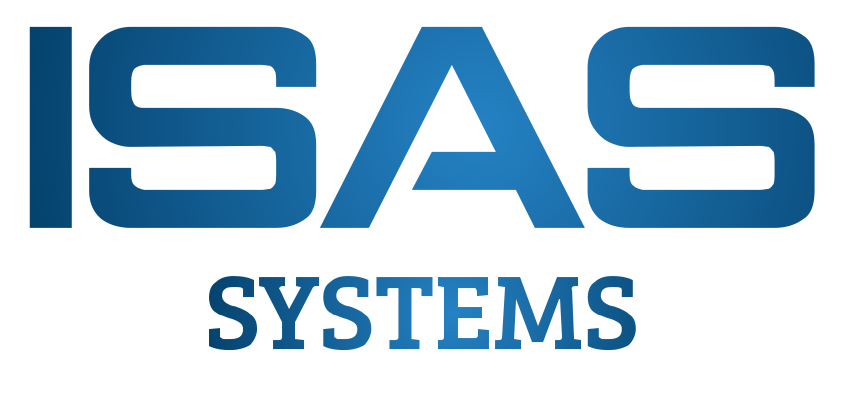- info@isassystems.com
- Mon - Sat: 8.00 am - 7.00 pm

Finance ERP Management System
A financial management system (FMS) is the software and processes an organization uses to manage assets, income and expenses. An FMS performs various functions: reducing accounting errors, maintaining audit trails and ensuring compliance with applicable accounting standards.
See all your work in one place so you can prioritize what matters most.
We Believe in Building Industry-First Solutions That Best-Fit Your Process.

Increase Efficiency by 97%
Automated audits have yielded huge rewards for customers, freeing up entire teams and saving months of work.

Time Tracking
Using time tracking software, simply monitor actions or new tasks that take up your working hours, and how long it takes you to complete them

Deadline Management
Once we know what's the completion date of a project or a specific task, we can establish the right resources needed to complete a task on time.
Financial management software—reports and analytics
In our fast-paced business environment, the ability to generate prebuilt reports as well as easily create ad-hoc outputs, isn’t just something that’s nice to have—it’s a critical requirement for financial management systems software. Add in requirements for in-depth data analysis, information visualization, more operational visibility, and narrative reports, and companies quickly discover that their ERP software solutions need to easily work with advanced reporting systems like enterprise performance management.

Define and manage your Finance data across workflows.

See all in one place so you can prioritize what matters most.
A FMS is the software and processes used to manage income, expenses, and assets in an organization.
Designed for managing research and development finance data and workflows. FMS software has the flexibility to evolve with new advances technology. The only platform you will ever need to help run your business: integrated apps, kept simple, and loved by millions of happy users.
Finance ERP System Features
>> Financial Reporting
Financial reports help managers keep control over the organization and monitor if their objectives are being achieved. They can also be used to provide information to outside organizations regarding the company’s financial operations and compliance requirements.
>> General Accounting
This part of a financial management system supports general ledger, accounts payable, and accounts receivable. It reduces records redundancy, creates financial statements, and helps to budget, forecast, and plan.
>> Fixed Asset Management
This function uses capital and operational data with descriptive information related to assets to show the appreciation and depreciation of assets in financial statements.
>> Revenue, Cash, and Treasury Management
With revenue tools, billing processes are automated and payments can be viewed. It also keeps the business compliant with statutory regulations. The cash and treasury management tools help staff predict cash flow, improve liquidity, and decrease risk.
What We Do
Greater Accuracy
With a financial management system, parts of the financial process are automated, which reduces errors in tax or payroll calculations.
Improved Compliance
A financial management system also lets businesses see immediately how changes with finance law will impact their organization.
Better Strategic Planning
With a financial management system you can answer important business questions to help you determine future outcomes.
Increased Productivity
Staff can move away from time-consuming spreadsheets and use built-in workflow and process management capabilities to track each step of the close process and complete it much more quickly and accurately.






